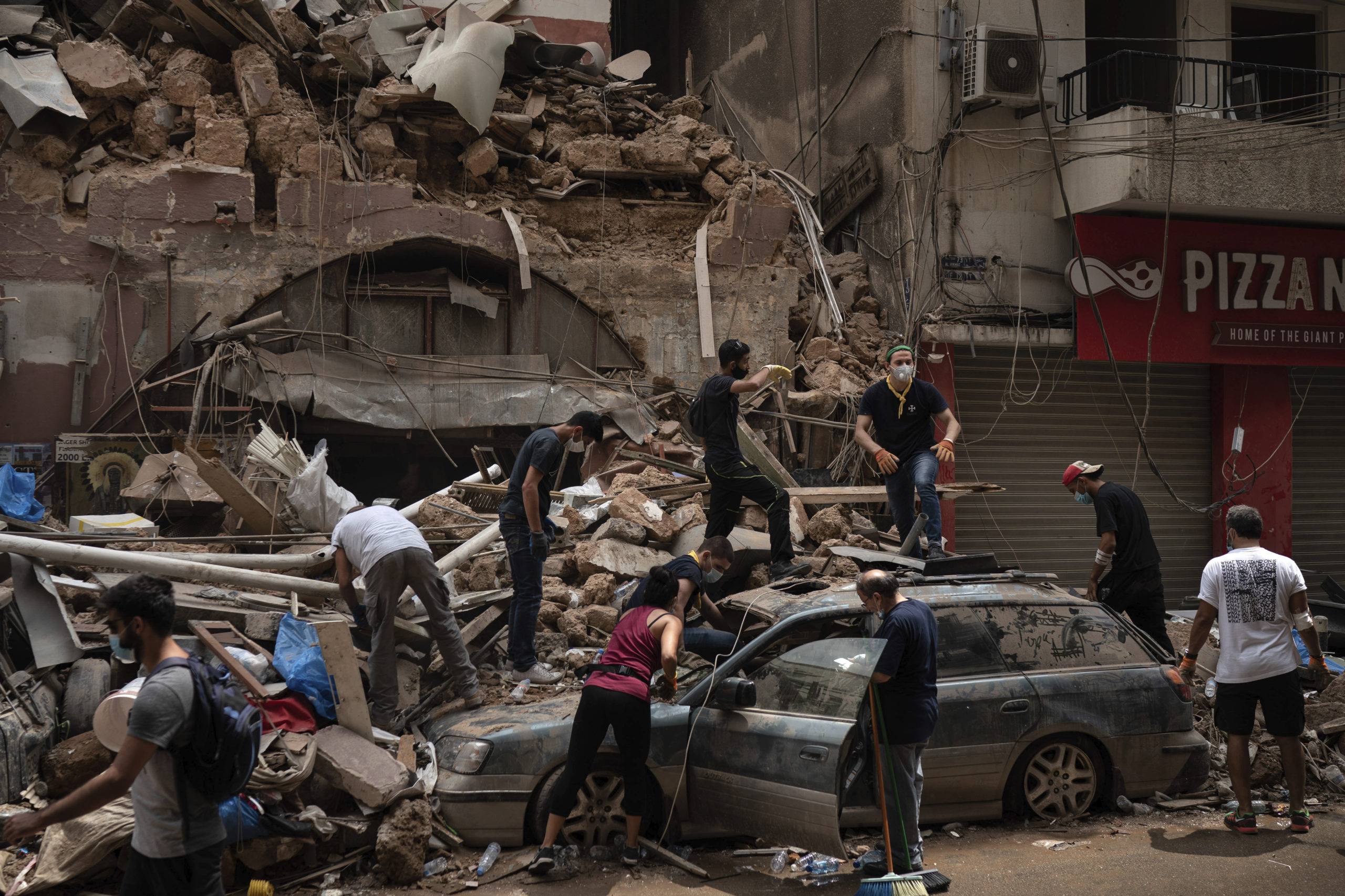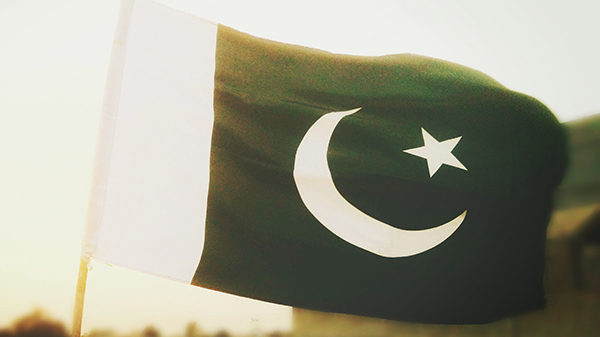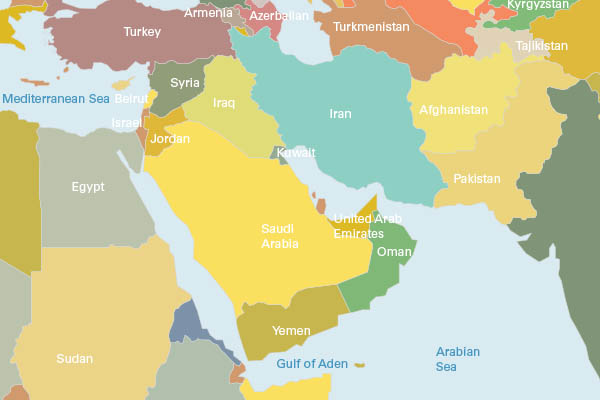Following the Aug. 4 explosion in Beirut that left at least 200 reported dead and thousands injured, U.S. officials are promising aid is on its way.
President Donald Trump said Aug. 7 that he told Lebanese President Michel Aoun that three large aircraft filled with medical supplies, food and water were on their way to provide assistance. Trump also said emergency responders, technicians, doctors and nurses were on the way to Lebanon to help.
In a tweet, Trump said: “We will be having a conference call on Sunday (Aug. 9) with [French] President [Emmanuel] Macron, leaders of Lebanon, and leaders from various other parts of the world. Everyone wants to help!”
Send Relief responds
Send Relief, Southern Baptists’ compassion ministry, has partners in the area who are on the ground responding to many of the immediate needs, including providing bottled water, food boxes, clothing and other supplies.
“Our Send Relief team is working with partners on the ground in Beirut to meet tremendous needs after the explosion a week ago,” said Bryant Wright, president of Send Relief. “They are helping with clearing debris in the 13-square-mile area directly affected by the blast and assisting residents to repair their homes and providing water to those who have been displaced. Our partners are providing help in the name of Jesus to those most in need. Please pray for all those affected by this horrible tragedy along with our partners who are ministering there.”
Glenn Lewis* and his wife have been serving in the cleanup effort through their local church. He described their task of transporting debris from homes and apartments down to the street.
“Cream-colored double doors, leaning against the wall, need to be taken down to the street,” Lewis wrote. “At eye level a crimson handprint is smeared on one of the panels. In [one neighborhood], nearly every home is stained with blood.”
Lewis and the group from their church also passed out sandwiches to shell-shocked survivors as they assisted in the clean-up. Many of their neighbors continue to experience a sense of helplessness and ruin.
Powerful blast
Send Relief is providing temporary housing and assistance for first aid and medical expenses. So far, 200 families have been helped through Send Relief. Due to COVID-19 restrictions, Southern Baptist Disaster Relief involvement is not expected.
Partners asked for prayer for grace and wisdom for the people of Beirut and the nation of Lebanon. They ask for God to comfort those who have lost loved ones as they grieve and work through the tragedy.
The churches, relief workers and emergency personnel also need strength, courage and endurance as they continue their efforts to restore the city.
“Please pray for the despair and anger that many are feeling to be channeled into service and sacrifice for others,” one partner in Beirut said. “Pray that God will use the brokenness being felt by millions to soften hearts to receive both physical and spiritual help.”
Investigation
A team of 22 French investigators has started work in Beirut to search for evidence and bodies from the deadly explosion and help Lebanese authorities determine what caused it.
Based on information from Lebanon so far, France’s No. 2 forensic police official Dominique Abbenanti says the explosion “appears to be an accident” but that it’s too early to say for sure.
The U.N. human rights office is calling for an independent investigation into the Beirut explosion, insisting that “victims’ calls for accountability must be heard.”
Reports indicate that the detonation of 2,750 metric tons of ammonium nitrate generated the blast. The material had been stored in the city’s port for roughly six years. Several protests have broken out across the city in response to alleged mismanagement and corruption in the government.
Beirut had been undergoing a severe economic crisis before the explosion displaced more than 300,000 people from their homes and injured more than 4,000.
Spokesman Rupert Colville of the U.N. High Commissioner for Human Rights said Lebanon is facing the “triple tragedy of a socio-economic crisis, COVID-19 and the ammonium nitrate explosion” that devastated the capital.
At a U.N. briefing in Geneva on Aug. 7, World Health Organization spokesman Christian Lindmeier said the organization was appealing for $15 million for emergency trauma and humanitarian health support. He said 17 containers laden with personal protective equipment – much needed for fighting the coronavirus outbreak – were destroyed in the blast. WHO has sent in trauma and surgical supplies already.
Children among displaced
UNICEF spokeswoman Marixie Mercado says as many as 100,000 children are among those whose homes were damaged or destroyed and have now been displaced.
She says the areas around the blast faced the most active community transmission of COVID-19, and said it was “impossible for those affected to practice safe distancing” – alluding to recommendations by WHO and other health officials that people should keep a safe distances from each other to fight the coronavirus.
World Food Program spokeswoman Elisabeth Byrs says the agency’s allocating 5,000 food parcels to families in Beirut, noting that Lebanon imports 85 percent of its food – much of it through the now-damaged Beirut port.
Learn how to support the relief efforts in Beirut at https://www.sendrelief.org/beirut/. (AP/BP)





Share with others: